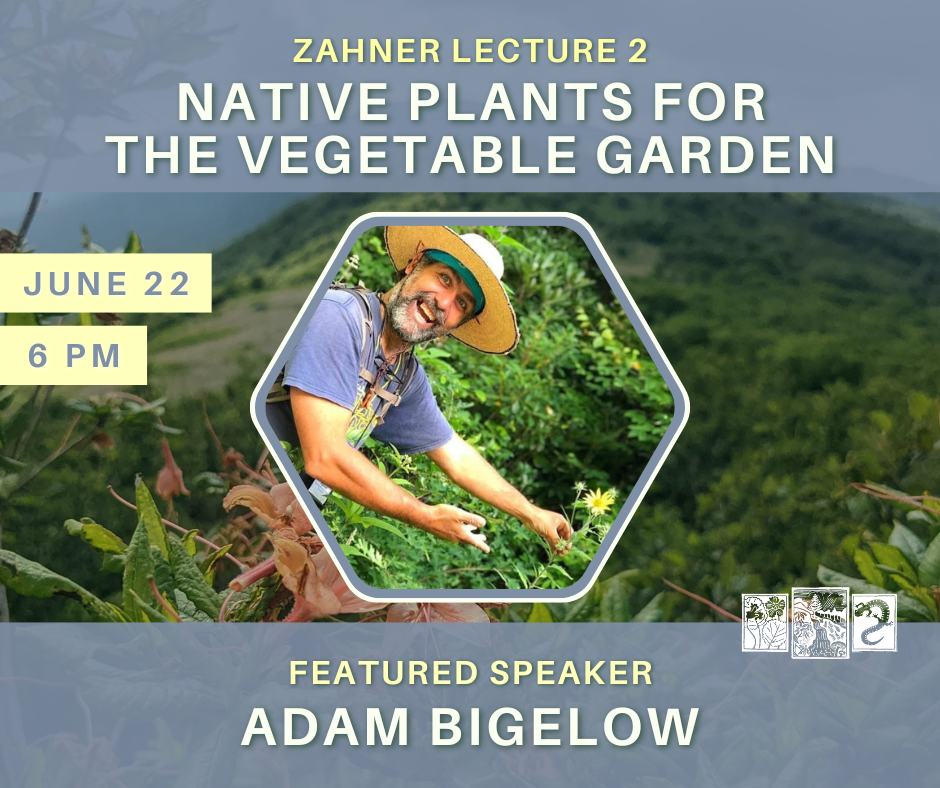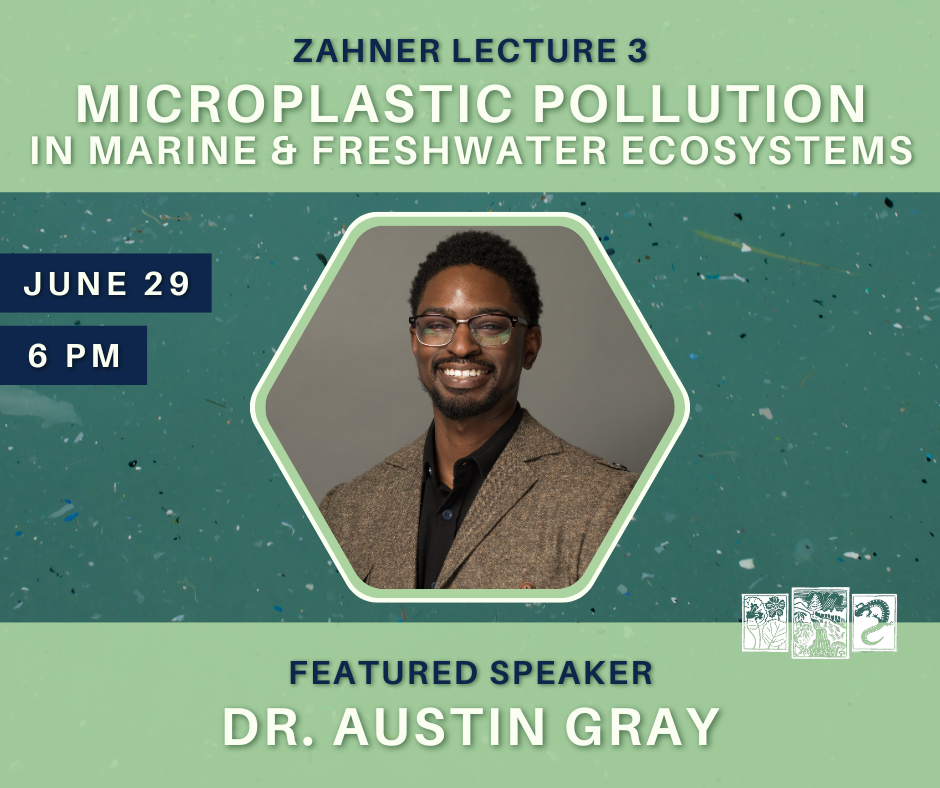Zahner Lecture
Events
Calendar of Events
|
Monday
|
Tuesday
|
Wednesday
|
Thursday
|
Friday
|
Saturday
|
Sunday
|
|---|---|---|---|---|---|---|
|
0 events,
|
0 events,
|
0 events,
|
0 events,
|
0 events,
|
0 events,
|
0 events,
|
|
0 events,
|
0 events,
|
0 events,
|
0 events,
|
0 events,
|
0 events,
|
0 events,
|
|
0 events,
|
0 events,
|
0 events,
|
1 event,
-

Lecture 1 - Birds, Big Data, and Citizen Science: Understanding the Impacts of Global Change Featured Speaker: Allen Hurlbert, Ph.D.; Professor of Biology; University of North Carolina at Chapel Hill Date: Thursday, June 15th Time: 6pm – 7pm Cost: FREE Sponsored by Kim & Rich Daugherty and Kathy & Bestor Ward. As the world undergoes various facets of environmental change – from warming to habitat loss to shifts in seasonality – everyday people can help scientists understand the impacts on natural ecosystems through citizen science. In this talk, Dr. Allen Hurlbert will provide examples of how citizen science has enhanced our understanding of how global change is impacting birds, as well as insect bird food, across North America, and how you can help these efforts.
Free
|
0 events,
|
0 events,
|
0 events,
|
|
0 events,
|
0 events,
|
0 events,
|
1 event,
-

Lecture 2 - Native Plants for the Vegetable Garden Featured Speaker: Adam Bigelow; Plant Nerd and Guide; Bigelow’s Botanical Excursions Date: Thursday, June 22nd Time: 6pm – 7pm Cost: FREE Sponsored by Vicki & Donny Ferguson. Native plants benefit us, our gardens, and the landscapes and ecosystems we depend on. Learn about the benefits of native plants and the harm caused by invasive plants. We will discuss how native plants can attract beneficial insects, beautify vegetable and flower gardens, and provide nutrition to the dinner plate, and help fill all of the roles that plants provide to our vegetable gardens and landscapes.
Free
|
0 events,
|
0 events,
|
0 events,
|
|
0 events,
|
0 events,
|
0 events,
|
1 event,
-

Lecture 3 - Microplastic Pollution in Marine and Freshwater Ecosystems Featured Speaker: Austin D. Gray, Ph.D.; Assistant Professor of Biological Sciences; Virginia Tech Date: Thursday, June 29th Time: 6pm – 7pm Cost: FREE Sponsored by Jennifer & Forrest McConnell and Jennie Stowers. Plastic pollution poses one of the greatest global risks to freshwater and marine ecosystems. The formation of microplastics from plastic debris has been shown to alter aquatic ecosystems by disrupting biota populations. In this talk, topics surrounding plastic pollution, microplastic occurrence and distribution, toxicological impacts of microplastics, toxicokinetic aspects of microplastic uptake and depuration, and microplastic formation rates in marine and freshwater habitats will be discussed.
Free
|
0 events,
|
0 events,
|
0 events,
|

Recent Comments